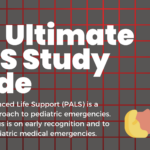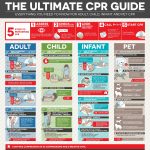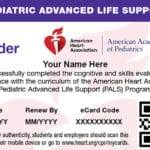Contained within the article posted yesterday are a few key points to recognizing the symptoms of RSV. Most of these symptoms mimic those of the common cold. As a result, several questions have been presented and I wanted to address two of them in this second part of the RSV article.
“It’s just a cold because my husband and I have had the same thing and we got better after a few days. I’m sure the baby will get well if we just watch him for a while.”
This was a frequent argument to recognizing and acting upon the symptoms of RSV (Respiratory Syncytial Virus) in children and infants. In fact, the first part of that statement is completely true. Both parents caring for sick children may have indeed been infected with the same virus (RSV in this case) that is infecting their children. The adult symptoms and recovery process is different however. Children and infants who suffer from RSV do not exhibit the same, milder symptoms as their parents and recovery for these little bodies is very difficult, making RSV a lethal disease in newborns particularly. Remaining astute about the difference between a child or infant’s response to illness and an adult’s can help prevent the emergency 9-1-1 call for help and the pre-hospital responder’s reactions down a PALS (Pediatric Advance Life Support) protocol to save the child from the results of that “minor cold”.
“I’ve already been sick so it won’t matter if I get around the infected child.”
This statement can be true but there is also that chance that an adult can be re-infected. Viruses and bacteria circulate throughout the winter months increase (RSV season in particular) causing the possibility of exposure to multiple strains of these illness causing germs. The likelihood of exposure to many different viruses is high. Symptoms can present very similarly between different forms of germs so a virus affecting an adult may be different than a virus infecting a child. Being free from symptoms that are similar to an infected individual does not guarantee immunity when exposed. If the baby is infected with RSV and an adult has been infected with a different virus, the adult can contract RSV (which is highly contagious) and become ill again within a few days.
Fortunately, using common sense and following hygienic precautions is the best defense against exposure. If you or a loved one is ill, remaining out of the presence of others is the right thing to do. Staying indoors and out of public contact prevents the spread of illnesses highly contagious, particularly RSV. If you must be exposed to individuals who are ill or if you are ill yourself and cannot remain at home for some reason, wearing a simple mask obtained from a drug store will help prevent the spread of droplet contracted illnesses. Finally, consistent and frequent hand washing is proven to reduce the risk of exposure and the spread of illness.
Being aware of these simple steps can aid in keeping these winter months illness free.









